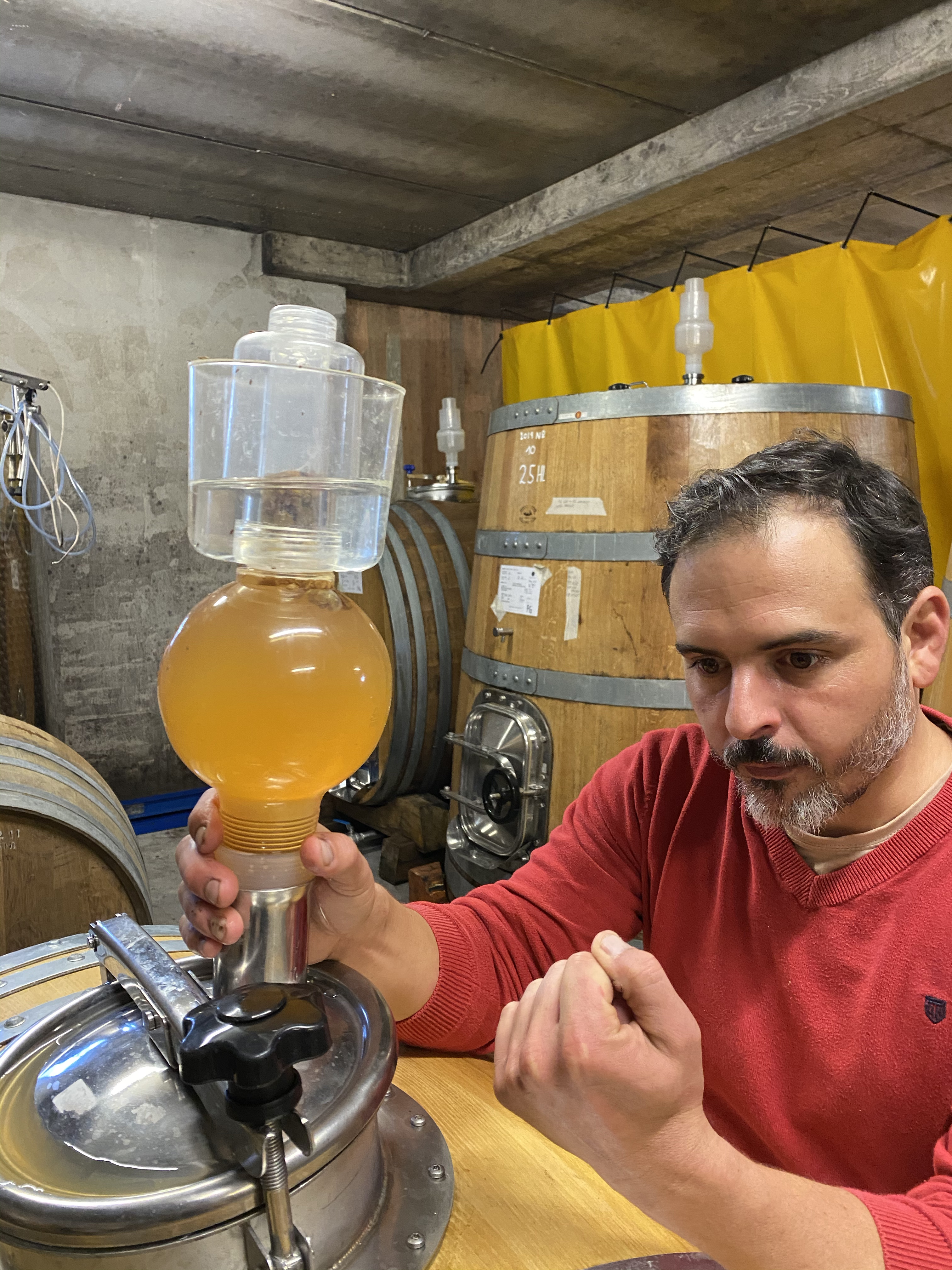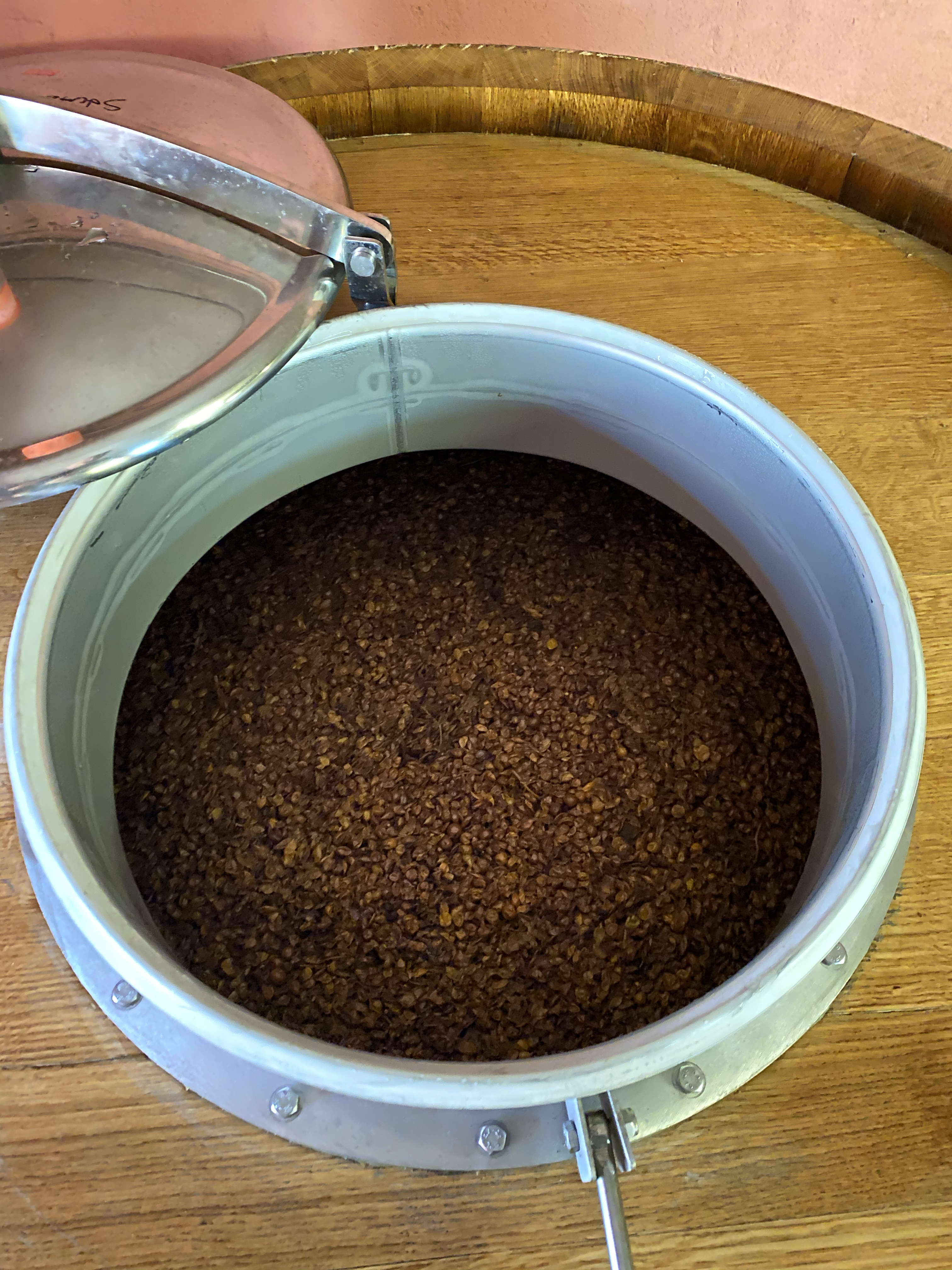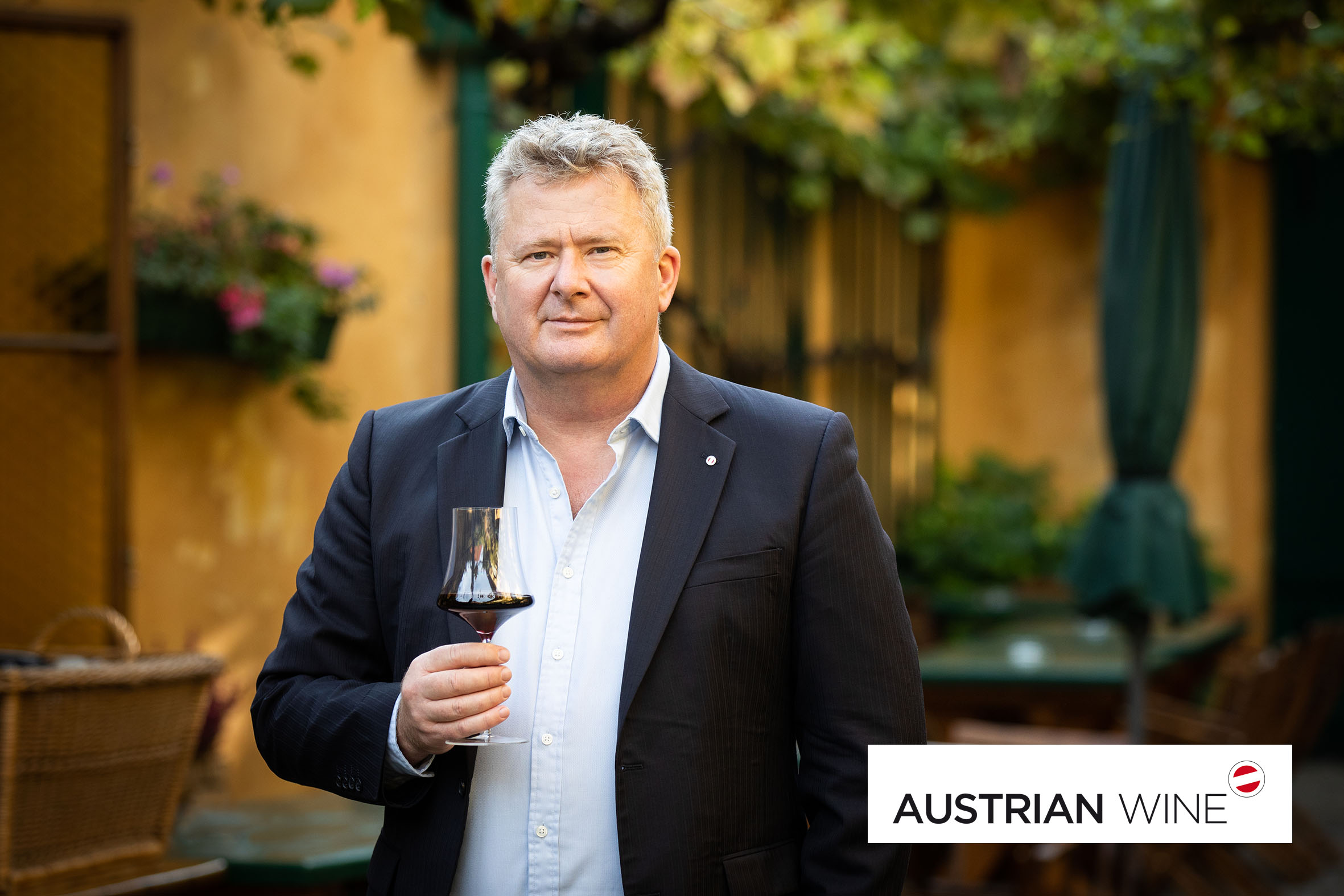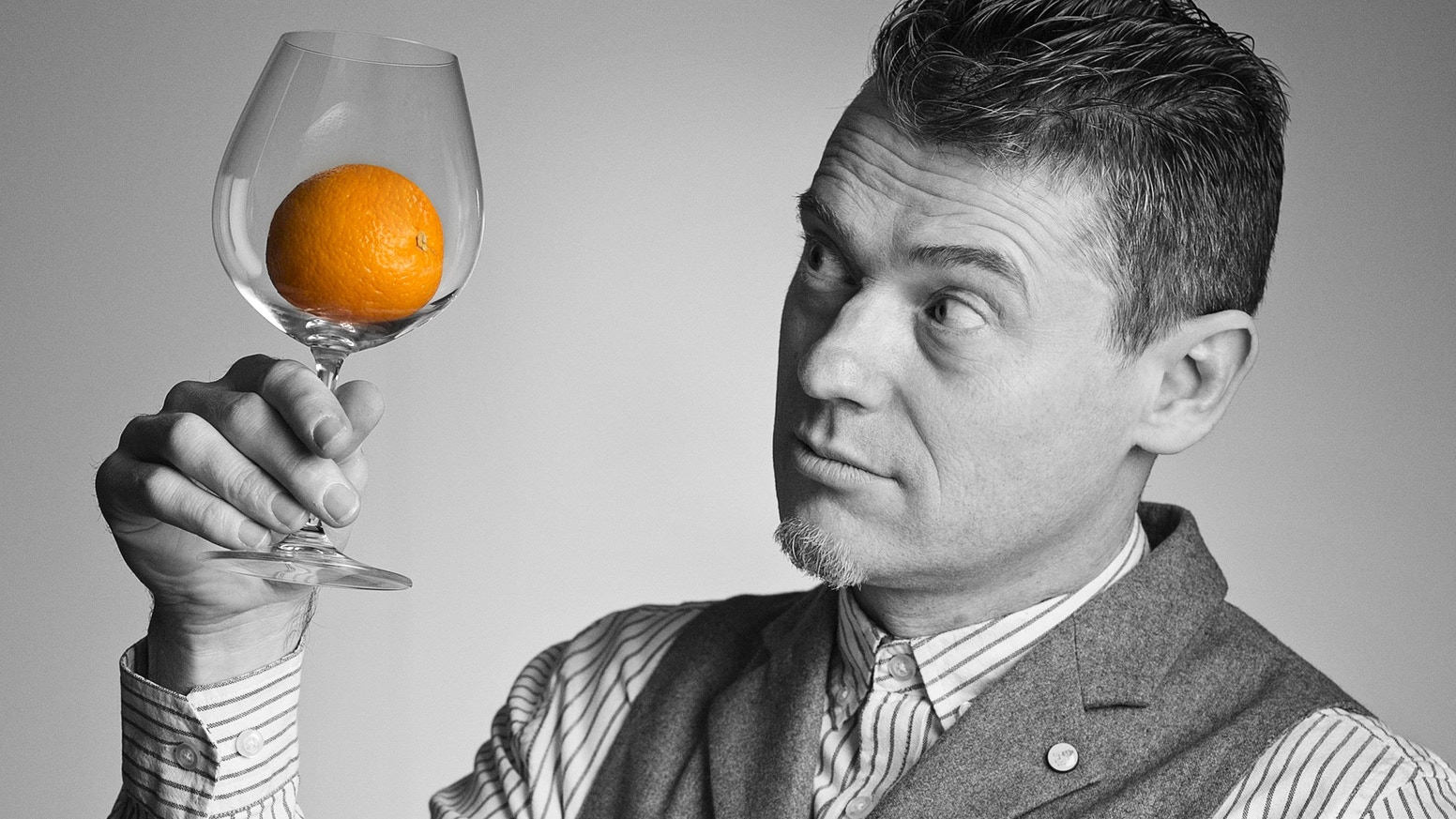Vintner Stories - December 31, 2021
A Natural Revolution in Alto Adige: GraWü
An ambitious Italian-German couple reaches for a new approach in Alto Adige
Written by
Aleks Zecevic
Born out of a romantic and working partnership between Leila Graselli and Dominic Würth, GraWü is a winery that appeals to wine lovers who appreciate precision, purity, organic methods, and low intervention winemaking. Near the Italian Alps in the Alto Adige wine region, over at the family-run establishment, which fittingly takes its name from both owners, Leila handles administration in parallel of leading a program related to immigrant insertion in viticulture, while Dominic is the winemaker. Their wines reflect a lifestyle rooted in respect for nature and a strong will to push the boundaries of conventional winemaking.
The couple first met in Montalcino, where they worked at Pian dell’Orino, one of the first Brunello wineries with biodynamic certification. Dominic’s resume also features working at a winery in St.-Emilion in Bordeaux, in the German-speaking part of Switzerland, as well as Marche in Central Italy. His experiences eventually led to the couple trying natural wines from French colleagues like the Puzelat brothers of Clos du Tue-Boeuf, but also Italian wineries, such as Radikon and Dario Princic, from Collio in northeast Italy, who focuses on producing skin-macerated white wines. “It was a little bit challenging to understand these wines at first,” says Dominic, “but like it is the case with most people, there was no way back after.”
In 2010, after Marche, the couple moved to Alto Adige, an area where people speak both German and Italian. The couple saw this as a perfect region for their family so their children could be bilingual and learn languages from both of their parents. Dominic worked for a small local winery and, as he says, he “learned the region inside out.” He was responsible for pretty much the whole operation, from pruning to bottling. At this time, he began experimenting with low intervention winemaking, creating a small corner for natural wines.

"GraWu orange"
In 2016, people started showing interest in his wines, and the following year the couple rented a cellar nearby to work on their own project. Today, they farm a few small parcels in Venosta Valley in Naturns, but most of the fruit comes from organic growers, with whom they work in the fields just as if it were their vineyards. The winery only works with organic farmers who have the highest respect for the environment and biodiversity.
They work with classic regional grape varieties such as Gewürztraminer, Riesling, Pinot Noir, Pinot Grigio, and also Chardonnay. Interestingly, and more importantly, they put a strong emphasis on working with fungus-resistant “PiWi” grapes, as well. Dominic sees these hybrid varieties as the future of organic winemaking, and GraWü wines are the testament that shows that these varieties can lead to excellent wines and have incredible potential.
The harvest and selection process is meticulous. First, they pre-select the grapes in the vineyards, but then every batch goes on the sorting table for a more thorough selection before fermentation. The approach requires painstaking training of the pickers and vineyard workers. However, Dominic believes that this is the most crucial step of winemaking, which doesn’t allow for the addition of any synthetic products that can later fix the taste of the wines. Healthy grapes are less susceptible to bacterial spoilage later. “It is like making a fruit salad; one bad berry ruins the whole salad,” Dominic explains.

"GraWü 1"
After years of experience, and trial and error, Dominic has developed a personal vision of his ideal wines and the style that would characterize GraWü wines. He aims for precision and clean, very alive and complex wines. It is a clear reflection of the couple’s lifestyle and wine taste. Every phase of the winemaking process goes through an almost obsessive curation, from the organic certified farm practices to the cautiousness in tasting and selecting the grapes.
Dominic never uses additives or artificial yeasts that could alter the natural development of the winemaking process. The only addition allowed are sulfites, but they are limited to 50 mg/l, and the wines are bottled unfiltered and unfined. All wines go through malolactic fermentation, and the first dose of sulfur is added in the spring if needed. Wine bottling happens in the spring and again, in late August, depending on the style and the variety. “Certain wines require more patience than others,” Dominic explains. He uses oak or acacia barrels, which he believes, are the perfect vessels for his wines.
Continuous research and development also drive wine production. After all, the winery is still young, but their wines are dynamic and bold in flavor. They are unique and reflect the vivacity of the GraWü family and the energy of the terroir of Alto Adige that is affected by the Dolomites.
In the last year, the winery scaled the production up to about 20,000 bottles, and the objective is to get to 25,000 and stop there. Dominic believes that this is a good size and one that allows the style of winemaking and dedication that he desires.
Our latest stories and podcasts:

PODCAST EPISODE
Theresa Olkus of the VDP
Aleks Zecevic interviews Theresa Olkus, the managing director of the VDP

PODCAST EPISODE
Austrian Wine with Chris Yorke
Aleks Zecevic interviews Chris Yorke, CEO of Austrian Wine

PODCAST EPISODE
Treading the Grapes with Simon Woolf
In this episode, Aleks Zecevic interviews the Amsterdam-based wine writer, Simon Woolf

